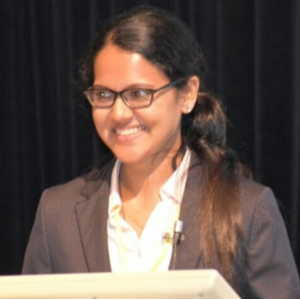Title : Epigenetics and gut microbiome: present and future
Abstract:
"Epigenetics" is the term used to study the biological mechanisms that modify gene expression but not the primary DNA sequence. Post-translational biochemical changes to histones, nucleosome's main protein, or cytosine base methylation in DNA may bring epigenetic modifications. Epigenetic processes are modifiable and heritable. Epigenetics has gained popularity as a promising area for nutritional intervention because it is reversible. As a result, it is being viewed as a promising area for dietary intervention. Epigenetic patterns are set during gametogenesis, fertilization, and in utero, and these critical periods are exceptionally responsive to environmental factors. Recent studies reveal that the environment dictates gene activation or repression. As the modifications are mainly biochemical, they occur in response to lifestyle factors (such as diet, smoking, alcohol, and stress) and environmental factors (like pollution, radiation, and chemical exposure), with diet ranking as the most important. It is fascinating to know the role diet plays in epigenetic modifications and the control of gene expression. Through epigenetic pathways, nutrients can influence physiologic functions. Food nutrients travel via metabolic pathways and are transformed into more easily absorbed forms. The one-carbon cycle is a special process that generates methyl groups to silence the genes. Methionine, vitamin B12, folic acid, and vitamin B6 are essential for this system. Gene expression can be altered by dietary intake of these methyl-donating compounds. Any of these nutritional deficiencies would interfere with one-carbon metabolism and perhaps alter the way some genes are expressed—much more to be learned about nutritional epigenetics. Honeybees are one of the ideal species to show the dietary role in epigenetics. In a honey bee colony, fertile queens and sterile workers emerge from the same progenitor and share the same genetic makeup. The queen bee and her workers may differ significantly because of their food. The unique diet known as "royal jelly" fed to the larvae aids in developing the honeybee queen. Royal jelly is an essential component of the diet. It gives the developing larva the outside information it needs to construct and keep the epigenetic state required to become a queen. The nutrients we extract from the food enter metabolic pathways, which are molded into molecules the body can use. The crucial contributions of epigenetics to disease prevention have come to light from recent findings. To more accurately forecast potential negative outcomes of epigenetic therapies, we must enhance our understanding of their mechanism of action. The sayings "You are what you eat" and "you are what your ancestors ate" have recently amassed much popularity. To uncover nutrients or bioactive food molecules that are beneficial for health, we will need to conduct additional research in the future. Diet and lifestyle habits can positively influence age-associated epigenetic variations. However, age-associated epigenetic research is still in its infancy. Before we fully comprehend the intricate connections between epigenetics, food, aging, and illnesses, much work still needs to be unraveled.



